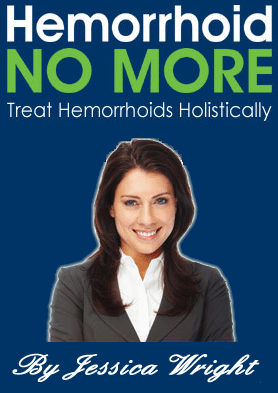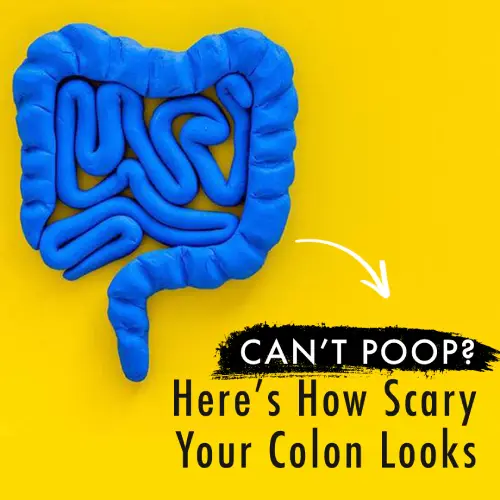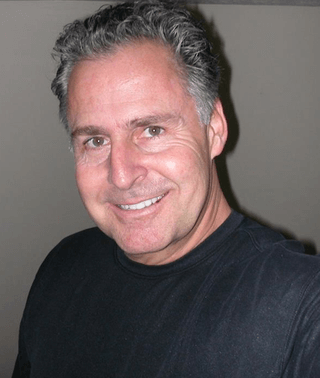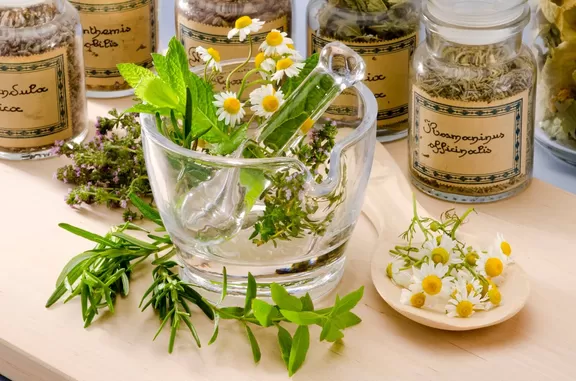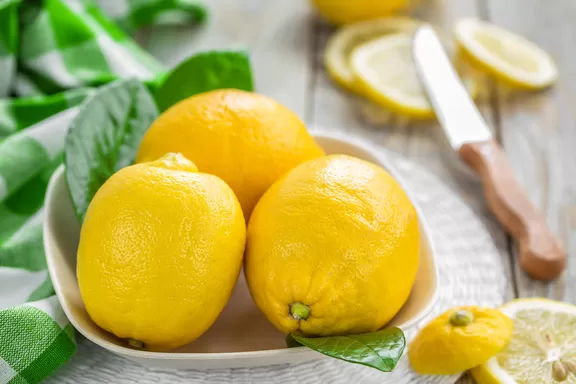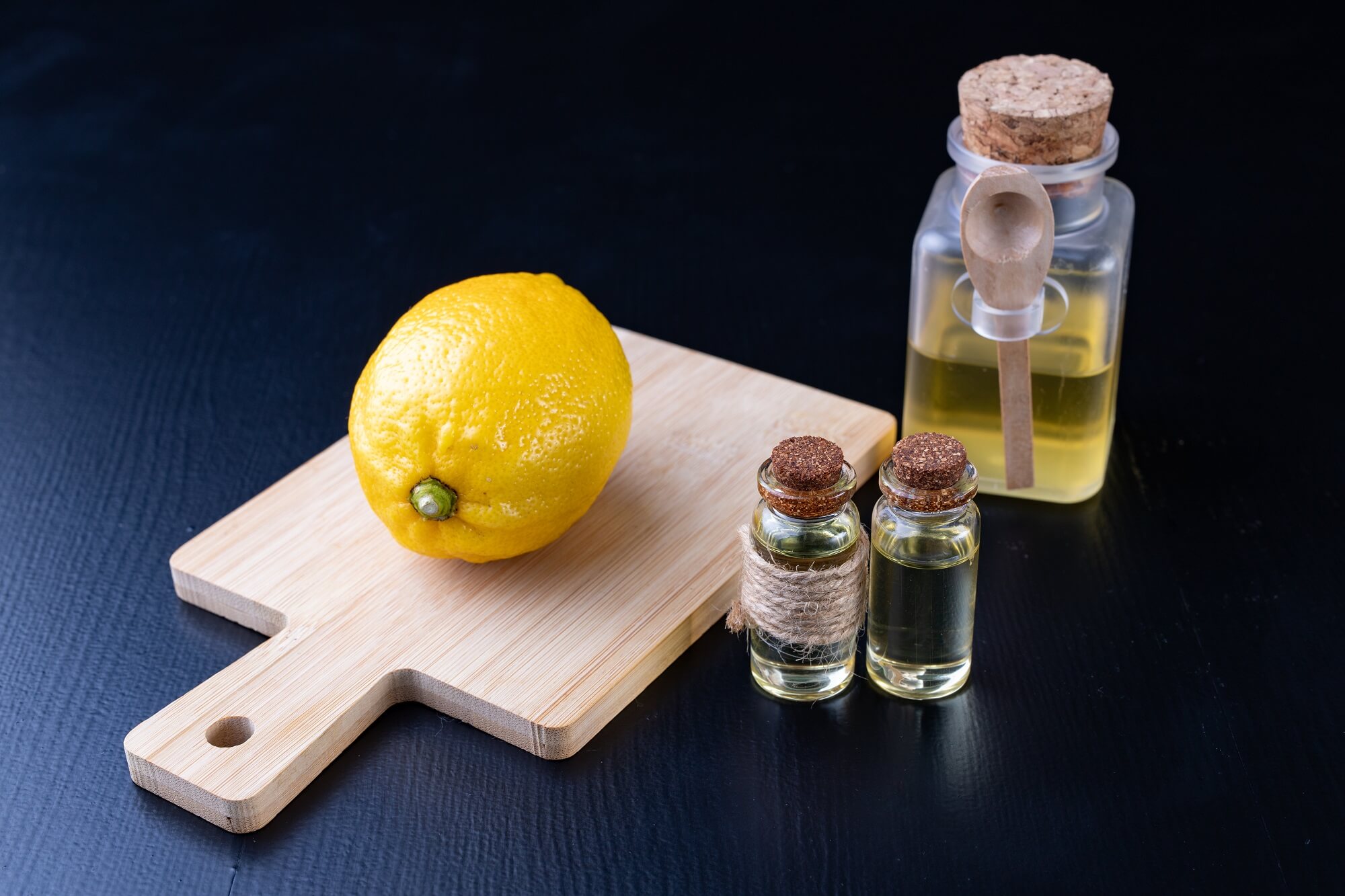
Lemon (Citrus limon) may work as a hemorrhoid treatment due to its ability to reduce inflammation and exert antimicrobial effects. But this may be all lemon can do to treat hemorrhoids. Consequently, it is not one of the best herbs to use for treating this condition.
Lemon contains the flavanones (a colorless, crystalline derivatives of flavone—flavones are a class of flavonoids) eriocitrin and hesperidin which have been demonstrated to be anti-inflammatory.
Research has demonstrated that the flavanones eriocitrin and hesperidin are able to survive the digestion process and reach the intestines. Once there, they have a powerful anti-inflammatory effect. This effect occurs due to their ability to influence proinflammatory cytokines TNF-α, IL-1β, and IL-6.
Yet, lemon used in isolation to naturally treat hemorrhoids is not the most efficacious option.
Other herbs (you can see the list here) also have anti-inflammatory and antimicrobial activity; possibly more than lemon. Certain herbs are also able to support vein function; and this may be critical to controlling hemorrhoids as they are like varicose veins of the anus.
Additionally, other herbs can help with wound healing. Using an herb that heals wounds can help control bleeding and improve your quality of life. In summary, make sure you consider a broader approach—don’t just rely on lemons for a condition like hemorrhoids!
Does Lemon Water Help with Hemorrhoids?
Lemon water involves watering down regular lemon juice. So, when you dilute lemon juice you reduce the amount of beneficial plant chemicals and pulp in the water. Therefore, lemon water will not do anything for hemorrhoids; except with the caveat of aiding in constipation via more hydration.
Lemon water is very dilute lemon juice, and all of its medicinal abilities are therefore attenuated.
So, no, lemon water will not help with hemorrhoids. This is especially true if you just add a few slices of lemon to water and forgo mixing in a good amount of juice.
Naturally Treat Hemorrhoids in 48 Hours
Jessica Wright’s unique 5-step, all-natural approach to hemorrhoid treatment delivers permanent relief. Heal hemorrhoids in 48 hours, and eliminate the root cause in 30 to 60 days.
Benefit from Jessica’s 12 years of research; her book is backed by a 60 day, 100% money back guarantee.

Flavanones in Lemon Reduce Inflammation
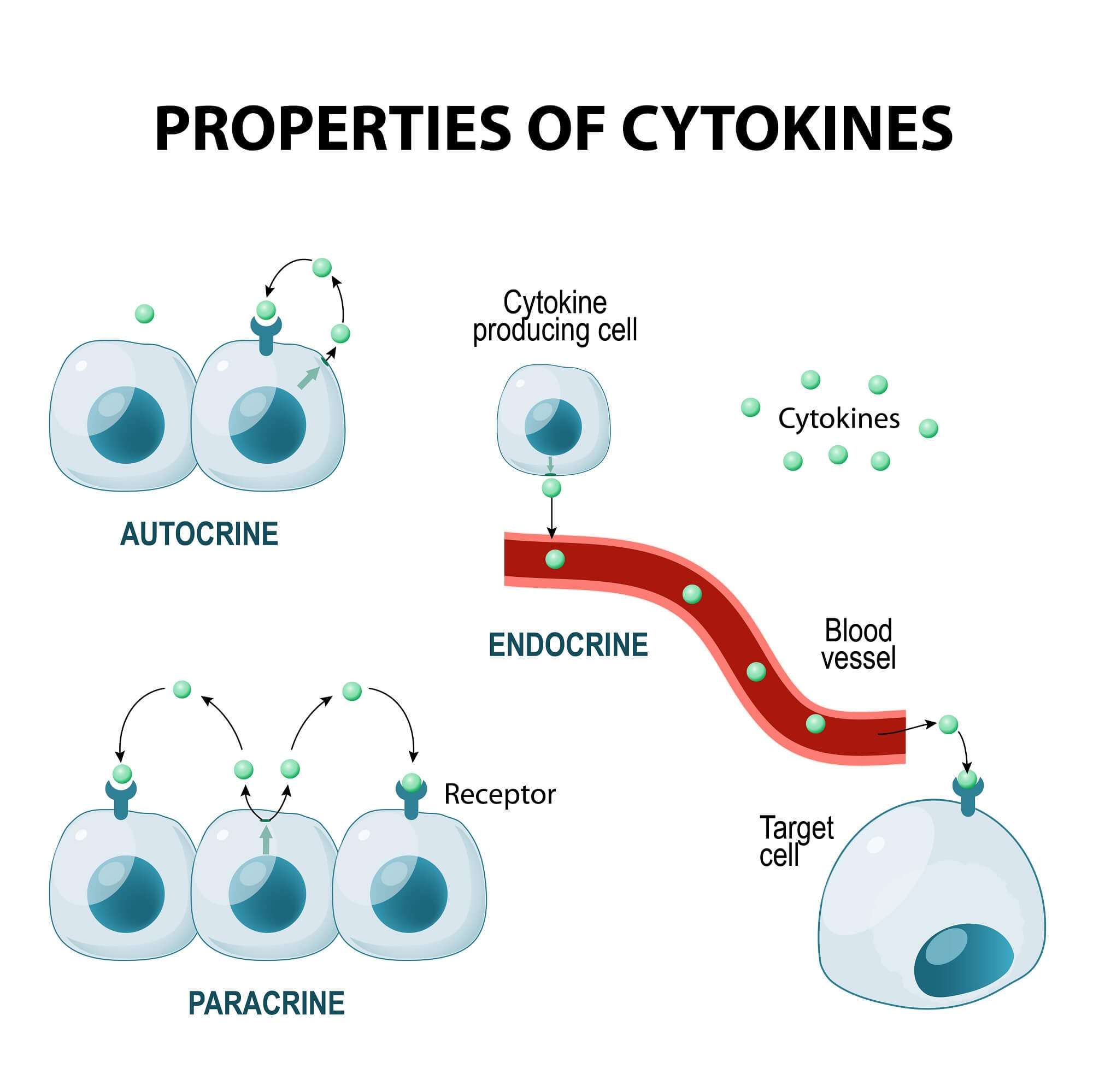
A 2004 study in the Journal of Agricultural and Food Chemistry(source 1) discussed the chemical content of lemon juice and some of the health benefits of compounds in this juice.
Lemon juice is somewhat different from other juices due to the high content of flavonoids—especially flavanone and flavone glycosides. The only other citrus fruits similar in flavanone glycosides content are grapefruit, orange, lime, and mandarin.
The main flavanones detected in lemon juice are eriocitrin and hesperidin.
Because lemons are grafted sometimes, the flavanone content can vary. This study provides a chart illustrating the levels of eriocitrin, diosmin, and hesperidin in lemons grafted with different interstocks (a part of a tree trunk that is grafted between the rootstock and the tree). These levels are approximately:
- Eriocitrin: 100 to 150 mg/L
- Diosmin: 100 to 170 mg/L
- Hesperidin: 170 to 260 mg/L
In vitro (in a test environment, not in a living organism) and in vivo (in a living organism) studies of eriocitrin and hesperidin have demonstrated these flavanones are anti-inflammatory.
It has also been shown that hesperidin and diosmin has therapeutic potential with chronic venous insufficiency by helping microcirculation.
Anti-Inflammatory Ability of Eriocitrin and Hesperidin
A 2021 study in Antioxidants(source 2) investigated Citrus genera (lemon is the species "limon" in this genera) flavanones for their antioxidant and anti-inflammatory activity.
The study found, out of the Citrus flavanones tested, eriocitrin and hesperidin were among the most powerful antioxidant and anti-inflammatory compounds. Diosmin was not among these top performers.
The study then mixed together the most powerful flavanones into a mixture and put it through simulated digestion. This test was done to determine if these chemicals would break down in the digestion process and not reach the intestines as a result.
The study found that the flavanones in the mixture had structural features that shielded them from hydrolytic breakdown (stomach acid catalyzes the breakdown by water of a number of chemicals in food as well as drugs) and enzymatic attacks.
Thus, when ingested, these flavanones will be able to survive to the intestines. In the intestines, the study states: "they can exert their remarkable anti-inflammatory activities."
The study also found there was a synergistic action of mixing the flavanones compared to the compound’s effects in isolation. Thus, the flavanone mixture showed synergistic antioxidant and anti-inflammatory effects. The anti-inflammatory ability of the mixture was found to be comparable or higher to the drugs diclofenac sodium and dexamethasone.
Samuel Bart’s Digestive Health Solution
Samuel Bart has always been passionate about plants and their ability to keep us healthy. He has put together some of the best natural ways that could help anyone support a healthy digestive system.
Samuel perfected an easy, yet powerful formula, which consists of amazing ingredients. Bart’s supplement is backed by a ironclad 60-day, money back guarantee.

Lemon Peel Extract Reduces Inflammation
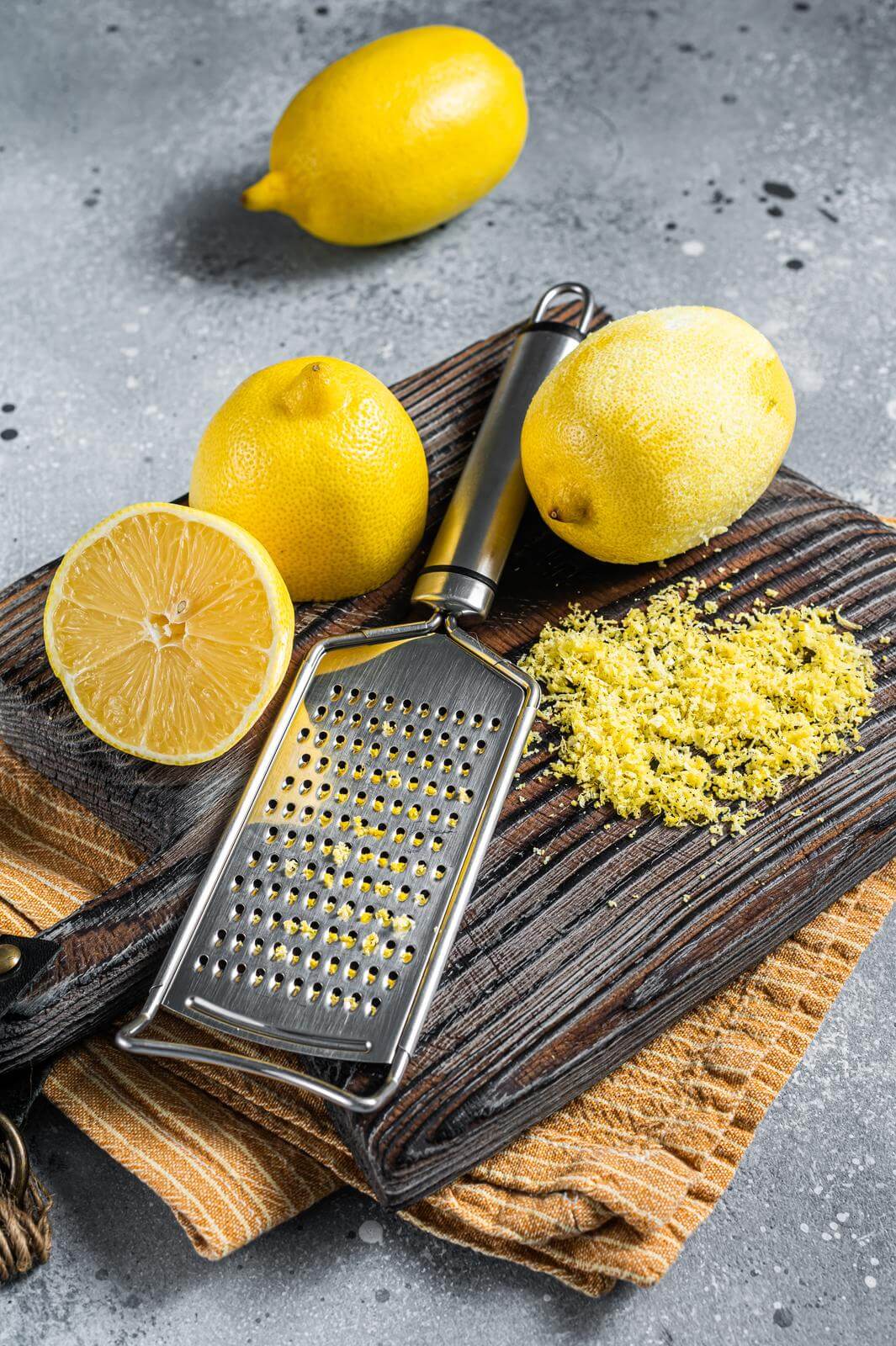
A 2014 study in The Journal of Basic & Applied Zoology(source 3) conducted research on lemon and hot pepper extracts to see how they would combat rheumatoid arthritis. This study is relevant to hemorrhoids as it examined inflammation.
One of the extracts the study used was lemon peel extract. To create the extract, the fruit peel was allowed to dry and then ground into a powder. Ethanol (drinking alcohol) was then added to the powder. After further processing, the extract was created.
The experiment caused arthritis in the paw of the mice by the subcutaneous injection of complete Freund adjuvant. 100 mg/kg of the extract was also administered to the rats at the same time via the subcutaneous injection at the same site twice a week. The extract injections occurred for 2 weeks and started 2 days after complete Freund adjuvant administration.
The study found lemon peel extract had the following effects on mice proinflammatory cytokines with adjuvant induced arthritis:
- Tumor Necrosis Factor Alpha (TNF-α): Lemon peel extract reduced blood TNF-α by 42.04%.
- Interleukin-1 Beta (IL-1β): Lemon peel extract suppressed IL-1β by 47.22%.
- Interleukin-6 (IL-6): Lemon peel extract decreased IL-6 28.96%.
About Proinflammatory Cytokines
TNF-α, IL-1β, and IL-6 are all proinflammatory cytokines.(source 5) So what does this mean? What are proinflammatory cytokines? Let’s discuss this!
According to a 2007 study in International Anesthesiology Clinics(source 5), proinflammatory cytokines are defined as:
Cytokines are small secreted proteins released by cells [that] have a specific effect on the interactions and communications between cells. Cytokine is a general name; other names include… interleukin (cytokines made by one leukocyte [leukocytes are white blood cells] and acting on other leukocytes). Cytokines may act on the cells that secrete them (autocrine action), on nearby cells (paracrine action), or in some instances on distant cells (endocrine action). There are both pro-inflammatory cytokines and anti-inflammatory cytokines.
International Anesthesiology Clinics [45.2 (2007): 27]
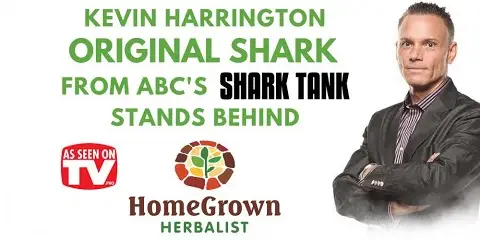
Comprehensive Herbalist School
Dr. Patrick Jones, founder of the HomeGrown Herbalist School of Botanical Medicine has been a practicing veterinarian for over 25 years. He is also a clinical herbalist and traditional naturopath.
Kevin Harrington, Original Shark from ABC’s Shark Tank, stands behind Dr. Patrick Jones and HomeGrown Herbalist.
Learn More
Comprehensive Herbalist School
Dr. Patrick Jones, founder of the HomeGrown Herbalist School of Botanical Medicine has been a practicing veterinarian for over 25 years. He is also a clinical herbalist and traditional naturopath.
Kevin Harrington, Original Shark from ABC’s Shark Tank, stands behind Dr. Patrick Jones and HomeGrown Herbalist.Learn More
A 2013 study in Inflammation Research(source 4) discussed the role of TNF-α in the inflammation process. According to authors, TNF-α is one of the most important proinflammatory cytokines.
TNF-α does a lot of things in regards to inflammation; such as:
- Triggers edema (swelling).
- Participates in vasodilatation (the dilation of blood vessels).
- Regulates blood coagulation.
- Participates in leukocyte (white blood cells; i.e., cells involved in counteracting pathogens and foriegn substances) attaching to the epithelium (a type of body tissue that is the covering for internal and external surfaces, such as the internal lining of the intestines) via the expression of adhesion molecules.
- Indirectly induces fever.
- Contributes to oxidative stress in areas of inflammation.
Concerning interleukins, a 2018 study in Immunological Reviews(source 6) discussed these chemical’s role in the inflammation process. The study states that the interleukin-1 (IL-1) family of cytokines and receptors is mainly associated with "innate immunity."
The body’s inflammatory and innate defense abilities, that are not a result of those acquired through responding to antigens (foreign substance, e.g. those produced by pathogens, which induces an immune response in the body), are termed innate immunity. The augmentation of this natural immunity via responding to antigens is termed "acquired immunity."
The study states that more than any other cytokine family, the IL-1 family members are closely linked to damaging inflammation. Yet, these cytokines are necessary for helping with nonspecific resistance to infection and the development of immune system responses to foreign antigens. So, you can’t go without them!
There are two distinct forms of IL-1: IL-1α and IL-1β. 1α and IL-1β are isolated from two distinct forms of complementary DNA (cDNA), but they have the exact same biological functions.(source 7)
IL-1β is a proinflammatory and anti-inflammatory cytokine. Clinical trials have demonstrated a pivotal role for IL-1β in the development of atherosclerosis and the progression of cancer.
A 2014 study in Cold Spring HarborPerspectives in Biology(source 8) IL-6’s relationship to inflammation, immunity, and disease.
IL-6 quickly produced for short periods of time in response to infections and tissue damage. IL-6 is part of the body’s natural defenses and stimulates immune system response, acute phase responses ("The acute-phase response is the term given to the coordinated series of events that occur nonspecifically in response to infection, inflammation, or trauma."(source 9)), and hemopoiesis (the production of blood cells and platelets).
When IL-6 production is not properly regulated and happens continually, this is involved with chronic inflammation and autoimmunity.
Dr. John Herzog (MD)
Dr. John Herzog, a "survival surgeon" from Maine explains what home remedies work best in a crisis situation.
This may be important in the event you require first-aid or are in an emergency situation without easy access to a hospital. Dr. John Herzog has assembled a large collection of home remedies for such scenarios.

Lemon’s Antiseptic Ability for Hemorrhoids
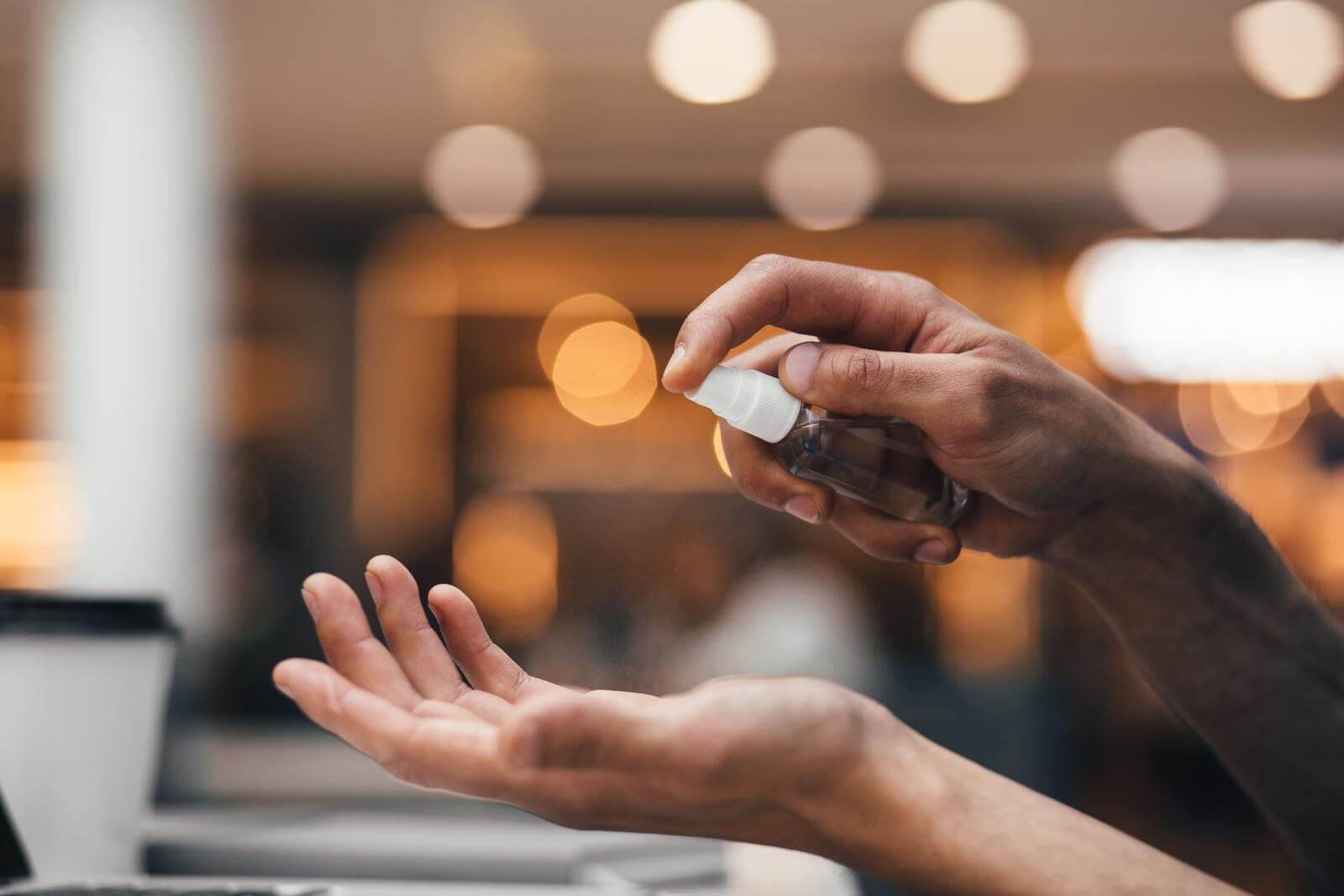
Lemon juice by itself is not the most effective against bacteria and fungi. Lemon extract, such as something prepared from dried fruit peel and processed with ethanol (drinking alcohol) should be much more effective.
So, if you were thinking about using lemon juice to prevent secondary bacterial or fungal infections on damaged hemorrhoids; you need to upgrade to a lemon extract. The reason why herbs are active against microorganisms is due to the phytochemicals (chemicals naturally occurring in plants) in them.
The process involved in making an herbal extract concentrates phytochemicals. In scientific studies on herb antimicrobial ability, researchers determine how effective an herb is by testing various concentrations of an herb. The higher the concentration, for herbs that are active against an organism, usually results in a higher degree of inhibition / killing activity.
As a result, you will often need to concentrate the phytochemicals via making an extract. Lemon juice is such a poor antibacterial and antifungal, that it is kinda a waste of time. But the extract, which you can probably acquire at health food stores, is efficacious enough to be worth using.
And, the same general rule of phytochemical concentration will probably hold true for therapeutic effects; as when you use lemon for hemorrhoids. So, you are not only probably getting a better hemorrhoid treatment by using the extract, you are also getting better protection of concomitant infections!
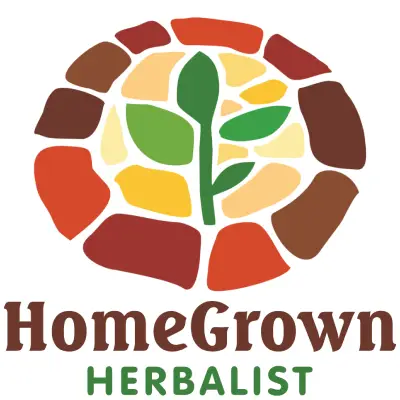
HomeGrown Herbalist Herb Shoppe
Owner of HomeGrown Herbalist Dr. Patrick Jones is a practicing veterinarian, Clinical Herbalist, and traditional naturopath. He owns and operates Fairview Animal Hospital in Buhl, ID.
Their herb shoppe provides herbs, essential oils, and tools. If you have some time, check it out!
Learn More
HomeGrown Herbalist Herb Shoppe
Owner of HomeGrown Herbalist Dr. Patrick Jones is a practicing veterinarian, Clinical Herbalist, and traditional naturopath. He owns and operates Fairview Animal Hospital in Buhl, ID.
Their herb shoppe provides herbs, essential oils, and tools. If you have some time, check it out!Learn More
Herbsey has two extensive articles on how lemon affects bacteria and fungi. If you have some time, get a good understanding of this fruit’s antimicrobial potential.
Claire Goodall’s Amazing Guide
Clair Goodall is a bee-obsessed, natural medicine convert from Minnesota (USA). And, she does keep bees!
Clair has created 350+ page book documenting how to replace the toxic products and medications in your home with healthier, all-natural alternatives.

The Side Effects of Lemon
Lemons are, of course, a fruit that you can eat. And, are generally very safe. Yet, certain side effects can occur from eating or being exposed to lemons. Tooth erosion, heartburn, and phototoxicity are all negative side effects that lemon can cause. Additionally, lemon may alter women’s reproductive hormones. Some cultures suggest that lemon is an effective contraceptive for women.
To learn more about these side effects, Herbsey has an entire article on this topic: Side Effects of Lemon & Lemon Juice.
Heal Hemorrhoids Naturally in 48 Hours
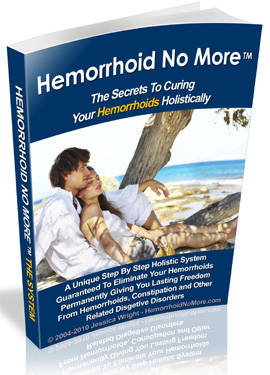
If you have tried "everything" to treat hemorrhoids, including surgery, but it didn’t work—your’re not alone. Jessica Wright experienced this same hardship due to hemorrhoids. But, with extensive research and understanding of natural medicine, she developed a solution to permanently end her hemorrhoids.
Jessica Wright wrote an entire book detailing exactly how to replicate her success. Also, it appears "Jessica Wright" is probably a pen name for a woman—and author—named Linda Allen. Linda suffered from recurrent yeast infections as well, maybe at the same time as she had hemorrhoids. She turned to natural medicine for answers when medical doctors and their solutions could not help.
Jessica’s story is one of severe and chronic hemorrhoids. It involves routine doctor’s visits, prescription medications / creams, significant suffering from hemorrhoids, and even a two hour hemorrhoids surgery (stapled hemorrhoidopexy). Yet, 12 years of these treatments didn’t resolve Jessica’s hemorrhoids.
Despite these setbacks, Jessica didn’t give up; instead, she turned to natural medicine and diligent research. Skipping to the end of Jessica’s story, she would develop a natural method to treat hemorrhoids that worked brilliantly.
After Jessica put together her treatment protocol and used it, she found her hemorrhoids completely disappeared. And, they stayed gone. Something her doctor was not able to do. Yet, all it took was the right natural therapeutic approach.
Jessica also gave her treatment approach to others; and, they experienced the same exceptional results. Typically, Jessica’s system provides dramatic relief of hemorrhoids in just 48 hours. And, the root cause of hemorrhoids is fixed within 30 to 60 days.
A company selling hemorrhoid symptom products does not want their customer base diminished. Consequently, unpatentable natural medicine does not get much attention or publicity.
So, how can you know if Jessica Wright’s claims are legitimate and not a scam? That is a great question. Here are 3 important reasons why Jessica’s book is legitimate:
- It is published by a large U.S. based company (Located in Idaho) known as ClickBank. ClickBank handles all the sales and refunds of many products like Jessica’s. They do business in many countries; and, have been in business for many years.
- ClickBank provides a 60 day, 100% money back guarantee on all their products, Jessica’s book included.
- If you are not satisfied with Jessica’s book you can simply contact ClickBank (they make it very easy) for a full refund.
Jessica’s story is more in-depth than this concise overview. And, there are additional bonuses Jessica provides with her book. If you’d like to find out more about Jessica’s personal story or her hemorrhoid treatment; you can learn more at Jessica Wright’s website.
About the Author
Nick Gross is a natural medicine enthusiast who has been researching and writing about natural medicine since 2008. Nick is primarily a web developer, but also researches and authors written and video content about natural health. Nick has a bachelor’s degree in Management Information Systems from the University of Northern Iowa.
More on Nick GrossImportant Disclosures & Disclaimers
It is important to use the information you find on Herbsey.com in the right way. Also for legal reasons, these disclaimers and disclosures are necessary. For further information about each, feel free to click the link provided to the page on this website that provides more information.
Medical Disclaimer
The information on this website is not a prescription for anyone. This information is for informational or educational purposes only, and is not a substitute for professional medical advice or consultations with healthcare professionals.
Advertisement Disclosure
Some of the links provided on this article and website are affiliate links. If you purchase a product after clicking on these links, Herbsey.com will earn a commission. Herbsey.com promotes various products through advertisement and text links. For more information: Our Advertisements.


